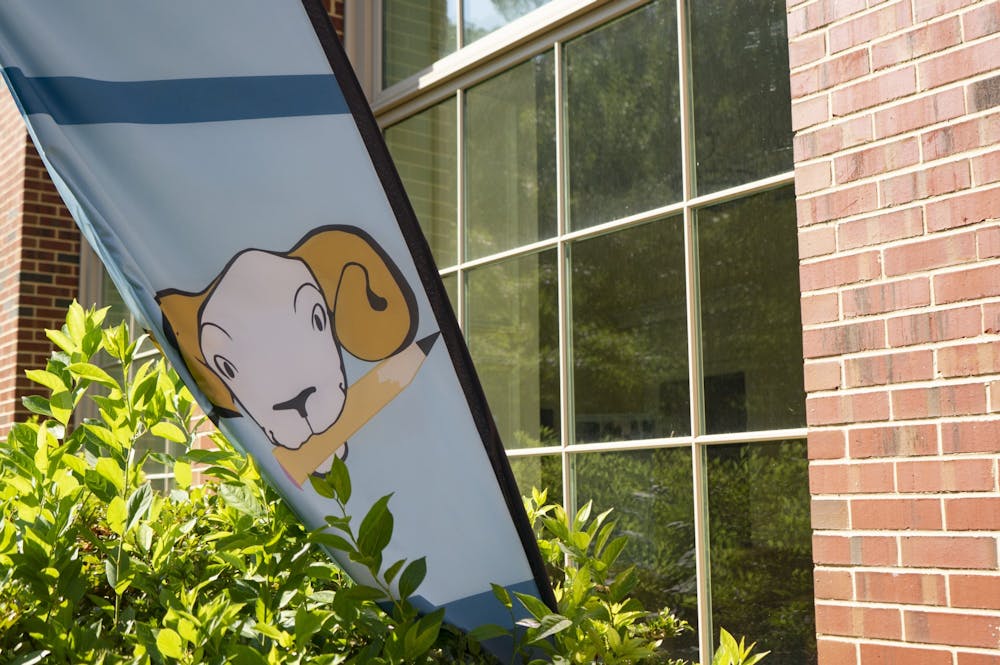CORRECTION: A previous version of this article stated that faculty experts introducing the AI modules were a part of the School of Data Science and Society. The faculty experts were not affiliated with the school. The article also incorrectly stated that CAIL assisted the University in the creation of AI guidelines. The Daily Tar Heel apologizes for this error.
In an email to the campus community last Wednesday, interim Chancellor Lee Roberts announced four different areas of focus for the University, including strengthening UNC's ability to use, study and manage generative artificial intelligence on campus.
This academic year, the University began offering online modules for students to learn how to use AI as an ethical tool in writing and communication work.
University faculty experts introduced the modules as a part of the Carolina AI Literacy initiative using money from a grant, which they were awarded by the School of Data Science and Society in June. The modules aim to improve student literacy on AI and its usage in student writing and communication work.
The three modules include AI prompting and thinking, fact-checking and biases as well as avoiding plagiarism and documenting sources. Students can access the modules on the initiative's website and on the UNC Canvas Commons.
Daniel Anderson, director of the Carolina Digital Humanities and co-collaborator of CAIL, said the initiative aims to show students that AI can complement rather than undercut learning.
“It’s an effort to use AI, but use it in ways that further the mission of the University,” Anderson said.
Amanda Henley, head of digital research services at the University Libraries, said it is important that the University prepares students for a future where the use of generative AI is common. The modules go over how to create outlines for papers, how to reduce misinformation when citing sources and how to be transparent about students' use of AI in their work.
Dayna Durbin, undergraduate teaching and learning librarian and co-collaborator of CAIL, said the library and other University initiatives like the Writing and Learning Center have worked closely with students to ensure that their research and work is free of academic concerns, like plagiarism, when using AI.




